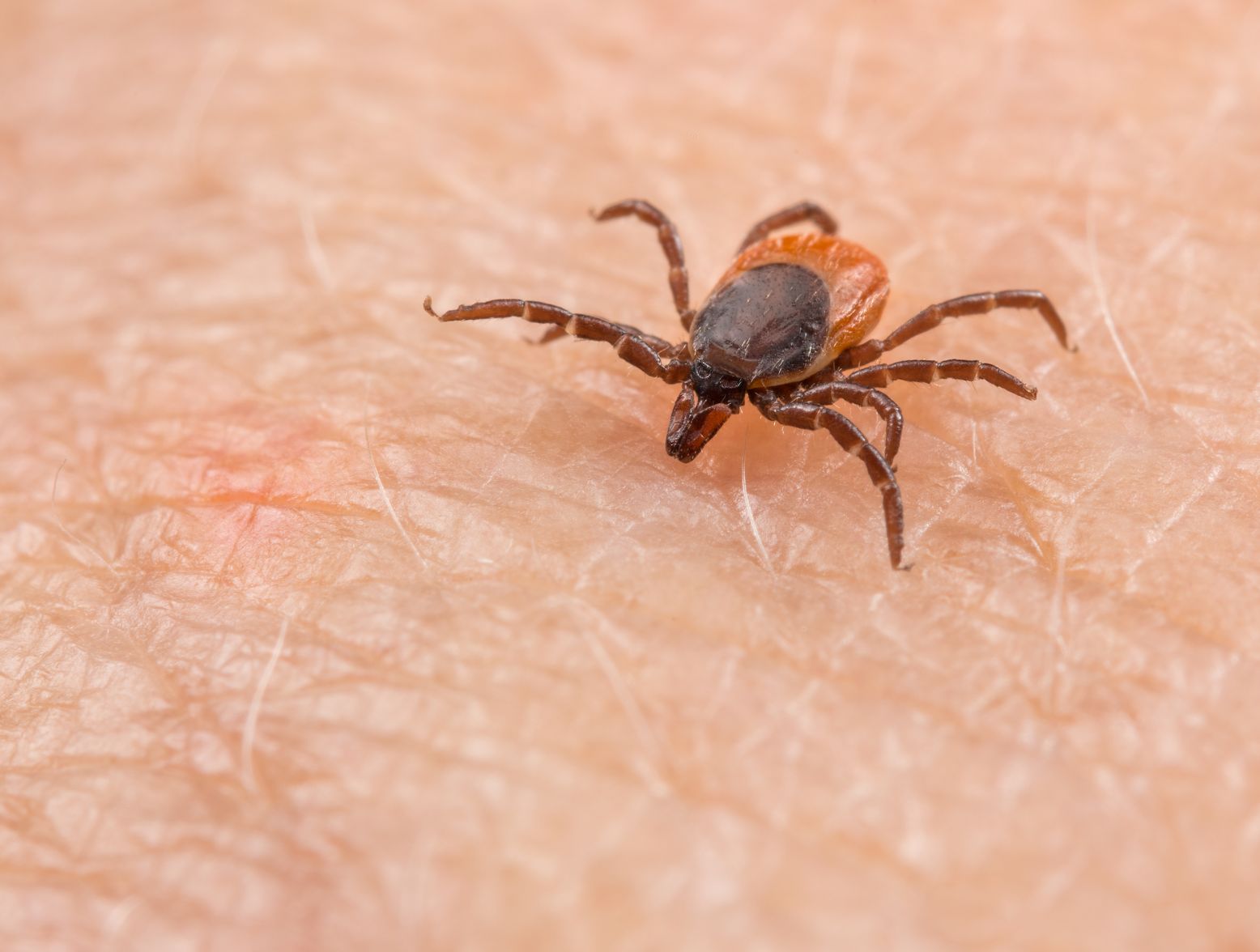Otis Is At The Aiken County Animal Shelter
This adoptable dog in Aiken is ready to find his forever home. His name is Otis, and he’s currently at the Aiken County Animal Shelter.
He can’t believe he’s homeless at 10 years old, but, Otis now finds himself at the shelter.
As you can see from the photo, he’s was shaved because of some heavy “matting”. He’s ready for a new coat and a new life. The shelter has told him his best life is ahead.
Otis is deeply loving, full of personality, and he’s ok with dogs that are friendly and gentle. He seems housetrained. He’s terrified of kennels and cages and will do best in a home where he’s not kenneled. You can imagine how unhappy he is in the cages at the shelter.
He’s neutered, vaccinated, microchipped, and heartworm negative. His adoption fee is $35.
The Aiken County Animal Shelter is located at 333 Wire Rd., Aiken, SC.
E-mail, info@fotasaiken.org to meet Otis. Walk-Ins are welcomed from 11am-4pm Monday thru Saturday.
The shelter is full, as it always is, Otis needs you to pass this along so he can find a loving home. See more adoptable dogs HERE.
Tick Season Will Be Extra Brutal - How to Protect Yourself
If you’re someone who dislikes the snow and ice, then you probably have been loving this winter. Warmer temperatures have flourished throughout the U.S. But, that also means more bugs and ticks. Moreover, tick bites aren’t something to take lightly. Now, health agencies across America are warning that this year’s tick season is going to be extra bad.
So, why will there be more ticks this season? It’s simple. A warmer winter means that the tick population didn’t die off like it would have in freezing temperatures. That means there are going to be way more ticks attacking both humans and pets.
What makes ticks so dangerous? They could be carrying the bacterium Borrelia burgdorferi, which causes Lyme disease. “The bacterium can be transmitted by the blacklegged tick, if infected,” the Michigan DNR says on its website. They add that it’s “the most commonly reported vector-borne disease in the United States.” Moreover, the Pennsylvania Department of Health notes that ticks can also cause Anaplasmosis, Babesiosis, Ehrlichiosis, Spotted Fever Rickettsiosis, Powassan Virus, STARI, Alpha-gal Syndrome and Borrelia miyamotoi disease. Not cool.
So, what exactly is a tick? It’s an arthropod, like a spider. “Ticks have 8 legs, are very small, and attach to a person or animal to suck blood. In Pennsylvania, many ticks carry diseases,” the Pennsylvania Department of Health notes. “Ticks can be found anywhere: outdoors in areas with long grasses and weeds, leaf piles, the woods, and even in your own yard.” That said, it’s important to protect yourself and avoid tick bites. That doesn’t mean you have to totally avoid going outdoors. But, you need to be cautious. I love being outdoors in the warm months, and I also live near the woods. So, I’m going to be extra mindful of ticks this season. Here are some expert tips I’m following, and you should, too.
How to Protect Yourself From Ticks:








